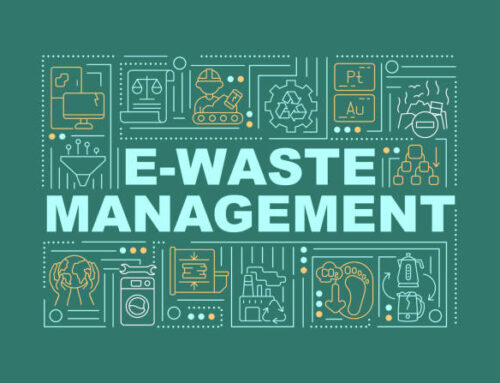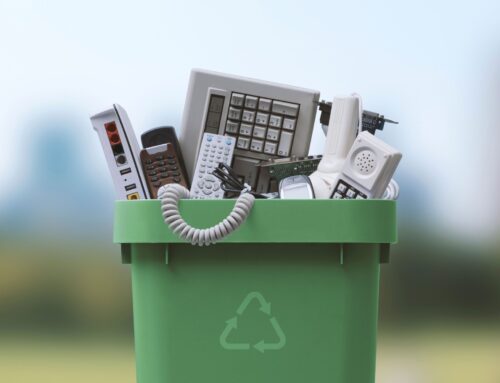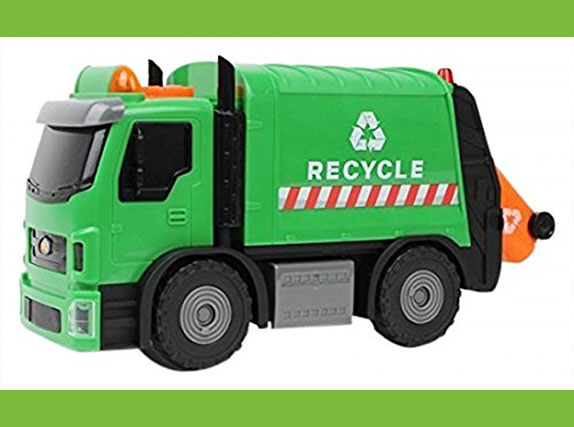
Electronic waste recycling
Electronic waste recycling refers to the process of recovering valuable elements from e-waste after shredding it into tiny bits that may get utilized in a new electronic product. However, several contemporary obstacles are impeding the growth of the electronic recycling company.
Every year, around 50 to 60 million tonnes of e-waste get created, accounting for roughly 2-3% of total yearly worldwide garbage. However, the harm caused by this quantity of trash to human health and the ecosystem may outweigh the destructive potential of all other contaminants combined. Electronic waste recycling company like the e-waste recycling company in Delhi plays a significant role in managing electronic waste.
What is E-waste?
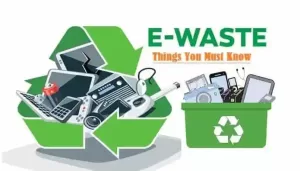 E-waste is an abbreviation for electronic waste. That is, waste produced by damaged, old, or excess electronic gadgets. You may also hear it referred to as e-scraps. These devices frequently contain harmful chemicals and dangerous materials. Furthermore, improper disposal of these gadgets might result in the discharge of harmful compounds into our environment.
E-waste is an abbreviation for electronic waste. That is, waste produced by damaged, old, or excess electronic gadgets. You may also hear it referred to as e-scraps. These devices frequently contain harmful chemicals and dangerous materials. Furthermore, improper disposal of these gadgets might result in the discharge of harmful compounds into our environment.
The material recycling and re-use of these electronic wastes get referred to as e-waste recycling. It is straightforward. It is a method of recovering material from electronic trash. This allows you to incorporate them into new technological devices.
Because of its potential to lessen environmental threats and pollution, e-waste recycling is one of the most discussed subjects in the world today. There is also the possibility that it will defend our lives as people and other living forms in our environment. Electronic waste recycling by the e-waste management company is the reusing and reprocessing of any form of electrical and electronic equipment that gets abandoned or deemed outdated.
How is Electronic Waste Recycling?
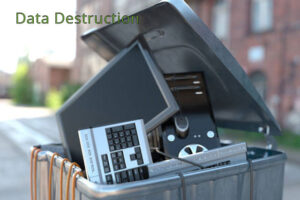 Electronic waste recycling is far more difficult than traditional garbage recycling. Manual sorting is typically the initial stage in the recycling process. Workers separate e-waste into groups based on its kind and model after it gets collected and transferred to recycling facilities.
Electronic waste recycling is far more difficult than traditional garbage recycling. Manual sorting is typically the initial stage in the recycling process. Workers separate e-waste into groups based on its kind and model after it gets collected and transferred to recycling facilities.
Then, all electronic gadgets will get evaluated, and the pieces that are still working will get taken and repurposed; they can get sold individually or combined to build a new phone or computer. The non-functional e-waste that gets left behind will get recycled.
In this facility, e-waste gets thrown into a massive machine and shredded into tiny bits, but first, it must go through a process known as de-manufacturing, which corresponds to the action of deconstructing a product into parts. This method gets used to remove any potentially dangerous elements from electronic equipment that may otherwise ruin the machine or pollute the environment if disposed of in landfills.
Metals, the important components that make E-trash recycling a successful enterprise, will get separated once garbage gets shredded. Unlike previous sessions, this one does not need manual sorting. A massive magnet will first attract any ferromagnetic materials with strong magnetization susceptibilities, such as iron and steel.
Further mechanical processing separates other materials and alloys based on a physical law known as Eddy Current, which states that when an electric current gets induced by a magnetic field that alternates with a repulsive force, paramagnetic materials, such as plastic, will get bounced away, whereas non-magnetic materials, such as plastic, will simply keep going.
The garbage is then separated using water. At this point, practically all of the remaining materials are nonmagnetic; they will pass through another machine filled with water, where items with a low relative density, largely plastic, will flow while other materials, such as glass, would sink. Finally, before selling recycled materials, examine to see if there are any precious elements attached to the plastic.

